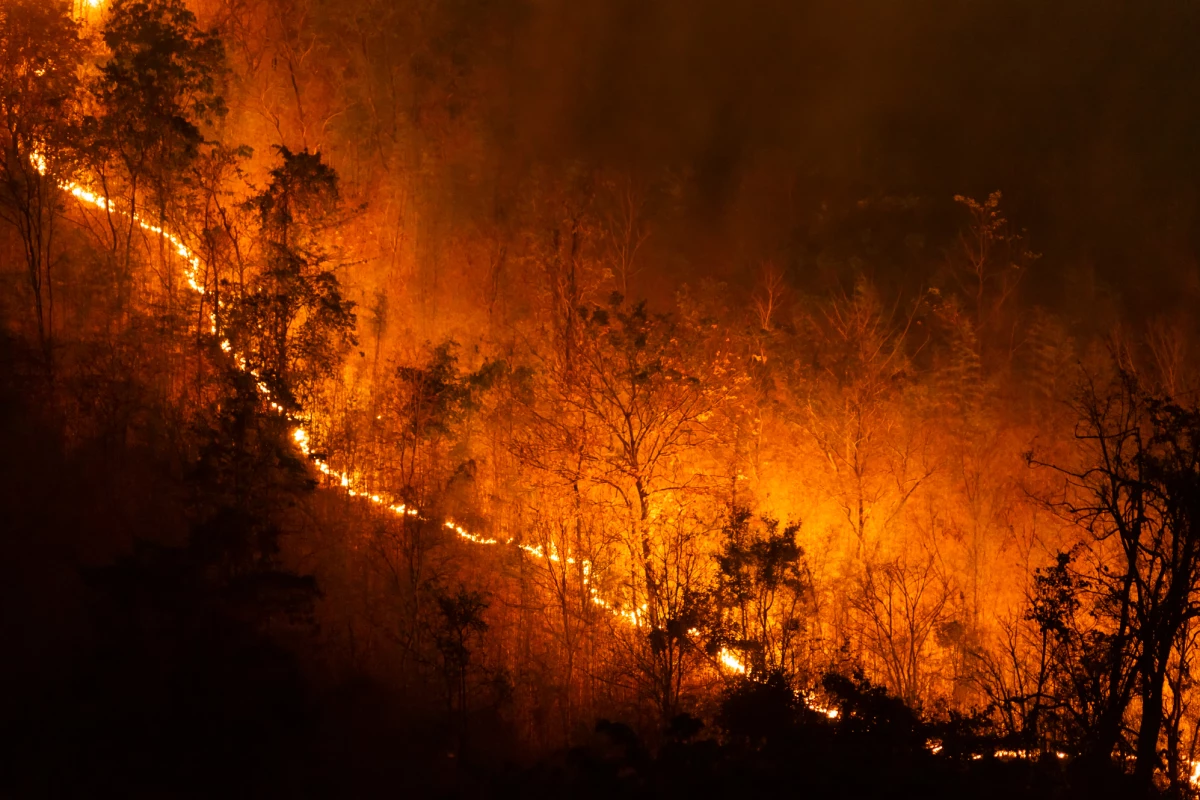Comprehensive climate data has shown that globally, 2020 was the warmest year on record, tied with 2016. Worryingly, 2020’s record came in spite of a La Niña event, which has a cooling effect, while 2016’s record came off the back of a warming El Niño.
The data comes from the European Union’s Copernicus program, which is comprised of the Copernicus Climate Change Service (C3S) and the Copernicus Atmosphere Monitoring Service (CAMS). The C3S dataset shows that average global surface air temperatures in 2020 were about 1.25 °C (2.25 °F) warmer than the baseline between 1850 and 1900, and 0.6 °C (1.1 °F) warmer than the 1981 to 2010 reference period.

This makes 2020 the warmest year on record for Europe, where temperatures climbed to 1.6 °C (2.9 °F) above the 1981 to 2010 average, and 0.4 °C (0.7 °F) higher than the previous record holder, 2019. But the biggest spike occurred in the Arctic region, where an unprecedented heatwave helped temperatures soar by more than 6 °C (10.8 °F) above the 1981 to 2010 average.
According to both Copernicus and the World Meteorological Organization (WMO), the six warmest years on record are the last six, and the top 20 all occur in the last 21 years. The decade of 2011 to 2020 is also the warmest decade on record, continuing a clear upward trend since the 1980s.
But what makes the new warmest year record particularly concerning is that parts of the Southern Hemisphere experienced lower than average temperatures due to a La Niña event, a weather pattern associated with cooler conditions. That doesn't bode well for future years under El Niño, the opposite weather pattern which has a warming effect.
“Record warm years have usually coincided with a strong El Niño event, as was the case in 2016,” says Petteri Taalas, Secretary-General of WMO. “We are now experiencing a La Niña, which has a cooling effect on global temperatures, but has not been sufficient to put a brake on this year’s heat. Despite the current La Niña conditions, this year has already shown near record heat comparable to the previous record of 2016.”

The temperature records were accompanied by records in carbon dioxide concentrations in the atmosphere. The global column-averaged maximum CO2 levels hit 413.1 parts per million (pp) – a record high – with an observatory in Hawaii recording an individual record high of 416.21 ppm in May 2020.
The year-on-year growth of CO2 concentrations slowed somewhat in 2020, largely due to the COVID-19 pandemic and subsequent shutdowns. This figure was 2.3 ppm/year, down from 2.5 ppm/year in 2019, however that isn’t enough to put much of a dent in climate change.
More details about 2020’s climate will be released in various reports from WMO and Copernicus over the next few months.
Sources: Copernicus, WMO







